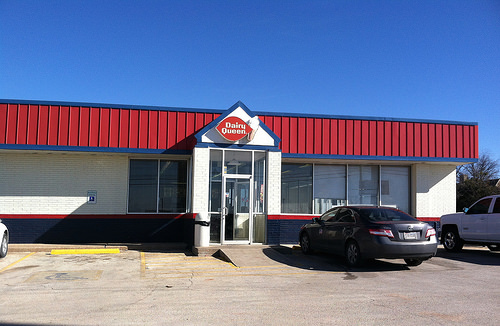In our neighborhood, high concrete walls surround our homes. Many of these walls are enhanced with electric barbed wires lining the top. The purpose? To ward off robbers.
Frequent power outages are also a problem in our community. These outages render the front gate-bell useless. Because of the wall, a visitor may be kept out in the scorching sun or torrential rain during these outages. Yet even when the gate-bell works, to admit the visitor might depend on who they are. Our fence-walls serve a good purpose, but they can become walls of discrimination—even when the visitor is obviously not an intruder.
The Samaritan woman whom Jesus met at the well had a similar difficulty with discrimination. The Jews had nothing to do with Samaritans. When Jesus asked her for a drink, she said, “You are a Jew and I am a Samaritan woman. How can you ask me for a drink?” (John 4:9). As she began to open up to Jesus, she had a life-changing experience that positively affected her and her neighbors (vv. 39–42). Jesus became the bridge that broke the wall of hostility and favoritism.
The lure to discriminate is real, and we need to identify it in our lives. As Jesus showed us, we can reach out to all people regardless of nationality, social status, or reputation. He came to build bridges.
INSIGHT
Jewish-Samaritan tension had a long history. When Israel was overrun by Assyria (743–720 bc; see 2 Kings 15–18), most of the people were taken into exile, but a small remnant stayed behind under Assyrian rule. In the ensuing years, these populations intermarried, producing the ethnically mixed group known as Samaritans. This perceived ethnic “impurity” was the basis for Jewish disregard for their northern cousins.
Are there people you’re disregarding because of perceived inferiority?














